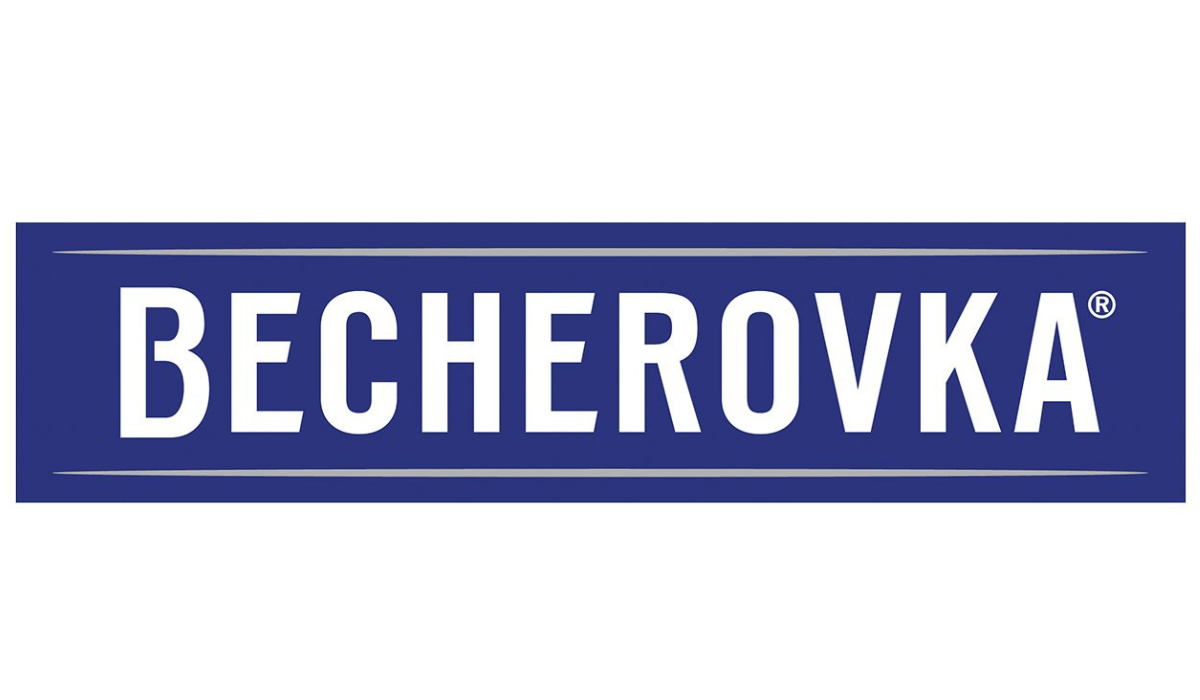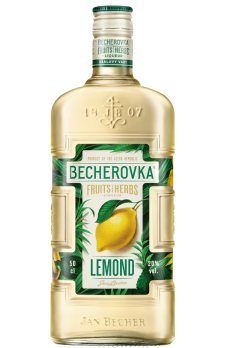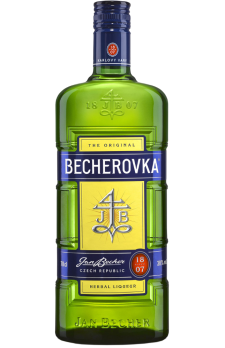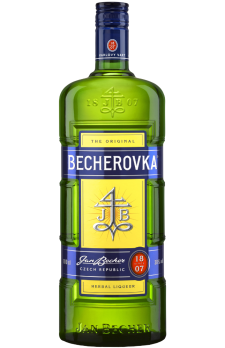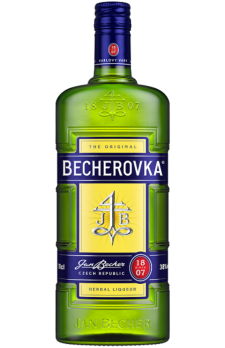Back in 1805 Austrian duke Plettenberg-Miltengen was visiting the famous Czech resort Karlovy Vary. With him was his personal doctor Mr. Frobiger. During their stay both lived in the house of local pharmacist Joseph Becher, who kindly allowed Frobiger to use his personal laboratory. Frobiger’s hobby was to study herbs and plants with medical effects, and both men shared a hobby of experimenting with alcohol recipes based on herbs (already in 1794 Becher rented a stillhouse somewhere in the town and started to experiment with hard alcohol). They performed some joint work, and before leaving the English doctor left his host a recipe of a bitter liqueur, which he came up with when working in Becher’s laboratory. Becher continued to perfect the recipe for two more years, and by means of numerous trials and mistakes in 1807 he came up with the unique recipe of a bitter aromatized alcohol beverage, which at the time, was known as “Carlsbad English Bitter” and was used to treat stomach ailments. The drink soon gained extreme popularity, but at that time it was sold and enjoyed in small doses as a medicine. It was also known under the name “Original Karlsbader Becherbitter”, which later become simply Bechorovka. Joseph Becher ran his successful enterprise until 1841, and for all those years he was the only one who knew the recipe of Becherovka. Finally, in 1841, he passed this secret to his son – Johan Becher, whose name in Czech sounded Jan (It is his name and signature that we see on modern day Becherovka bottles). Johan (Jan) Becher actively took over the management of the company. He renewed the outdated production equipment and built a new factory. He also ordered the design of a new bottle for Becherovka – the typical flat green bottles with the specific label, which are used without much change up to this day. The fame of Becher’s bitter continued to grow, and before World War I it was being exported to France, Italy, Spain and other countries. During World War I its popularity grew even further, as it was being used by army doctors to treat stomach ailments. One of its turning moments came when the Austrian Emperor tried the bitter from Karlovy Vary, and soon the court consumed up to 50 liters of the bitter each month, while the producer gained the much desired title of “Official Supplier of the Emperor’s Court” After World War II Becherovka was nationalized (just like other enterprises in the socialist countries) and remained in state possession for over 50 years. By the 1980s the “Becherovka” brand was one of the few successful alcohol brands in the entire Central and Eastern Europe region. Today Becherovka is a popular bitter distributed in many countries of the world, and arguably the main secret of its success is strict adherence to centuries-long traditions. Buy Becherovka online at VINO&VINO - official distribution of Pernod Ricard's portfolio brands in Armenia and enjoy free delivery in Yerevan.

